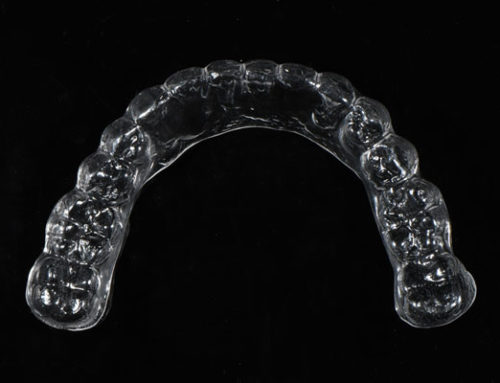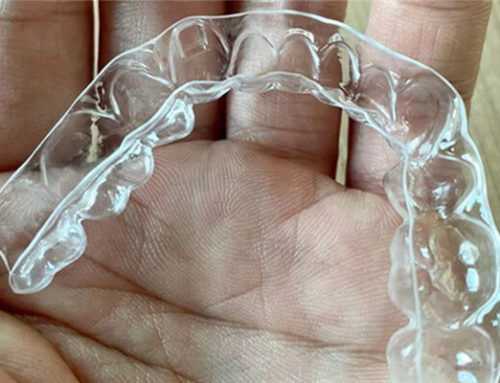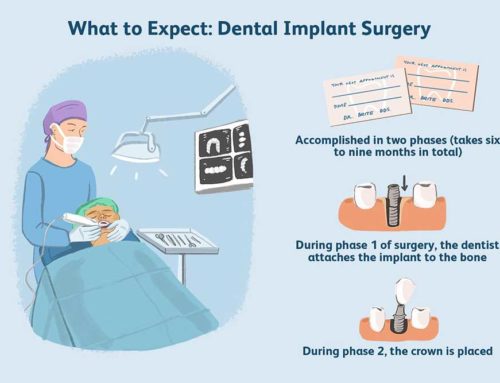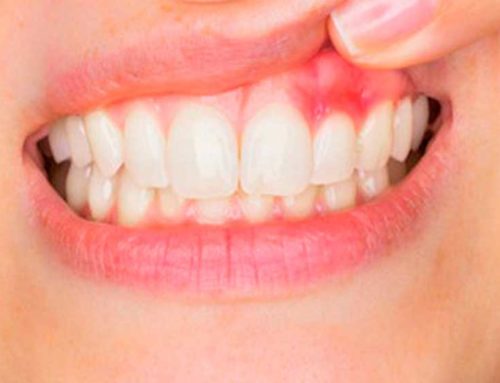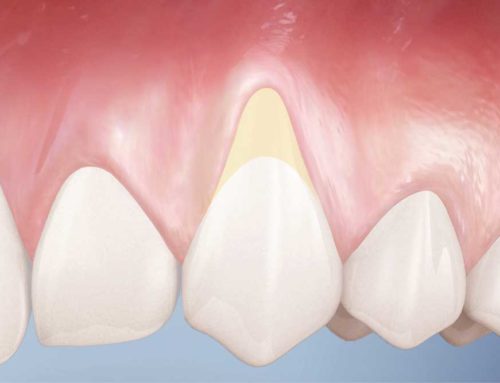Before considering cosmetic or restorative dental procedures, your gums should be healthy. Although inappropriate or infrequent brushing and flossing can cause gum bleeding associated with gingivitis, other factors may also play a role. The following are some causes of gum bleeding that are not related to gingivitis.
1. Menopause
Menopause causes a decline in estrogen. This hormone is essential to the health of women’s bones and gum tissue. Unless your doctor prescribes hormone replacement therapy, menopause may have negative effects on the gum tissue, such as recession, infection, frequent or prolonged bleeding.
To improve gum health during menopause, eat more foods rich in vitamin C or take low-dose vitamin C supplements. According to the “Public Library of Science Comprehensive” magazine, vitamin C not only helps control bleeding gums, it may also help slow the progress of further gum recession.
Talk to your dentist before you start taking vitamin C supplements because high doses can cause tooth enamel corrosion. Vitamin C, also known as ascorbic acid, is very acidic and can weaken your enamel or cause it to thin. Healthy tooth enamel helps prevent bacterial invasion of the dental pulp. When tooth enamel weakens due to corrosion, you may be at risk of abscesses or tooth decay.
Keep in mind that although hormone replacement therapy can reduce menopausal-related hot flashes, night sweats, and gum bleeding, if you personally or family have a history of estrogen receptor-positive breast cancer, your doctor may not prescribe this medicine. . Hormone replacement therapy including estrogen may exacerbate this type of breast cancer.
2. Drugs
Certain prescription drugs and over-the-counter drugs can cause gum bleeding. Some drugs weaken the ability of platelets to clot by reducing platelet aggregation, while other drugs may actually inhibit platelet counts.
If your gums are bleeding and there is no gingivitis, see a doctor. He or she will determine if your gum bleeding is related to your medication, or if you have a medical condition such as anaemia, liver disease, a blood disease.
It is important that you and your doctor determine the source of gum bleeding, because excessive oral bleeding may complicate your dental surgery. Here are some medications that can cause gum bleeding:
- Ibuprofen
- Aspirin
- Blood pressure medication
- Diuretics
- Antihistamines
If your doctor thinks your medicine is causing gum bleeding, it may recommend reducing the dose. If lowering the dose does not control bleeding, you can stop the medication completely and replace it with another drug that is unlikely to cause bleeding gums.
3. Autoimmune diseases
If you have an autoimmune disease, such as Sjogren’s syndrome, your gums may bleed more than usual.
Certain autoimmune diseases can cause problems with your salivary glands, resulting in reduced salivary gland flow. This can cause dry mouth and increase the risk of gum infections. When saliva secretion is impaired, bacteria and fungi may accumulate in the mouth, and saliva usually washes these bacteria and fungi away. This bacteria can cause gingivitis and other oral infections, increasing the risk of bleeding gums.
Autoimmune diseases can also trigger an inflammatory response, leading to inflammation of the gums and subsequent bleeding. Although autoimmune diseases are more common in women, men can also develop them.
Before doing dental surgery, make sure your autoimmune disease is well controlled. In addition to increasing the risk of bleeding gums, untreated or poorly managed autoimmune diseases can slow down healing after oral surgery or other dental procedures.
